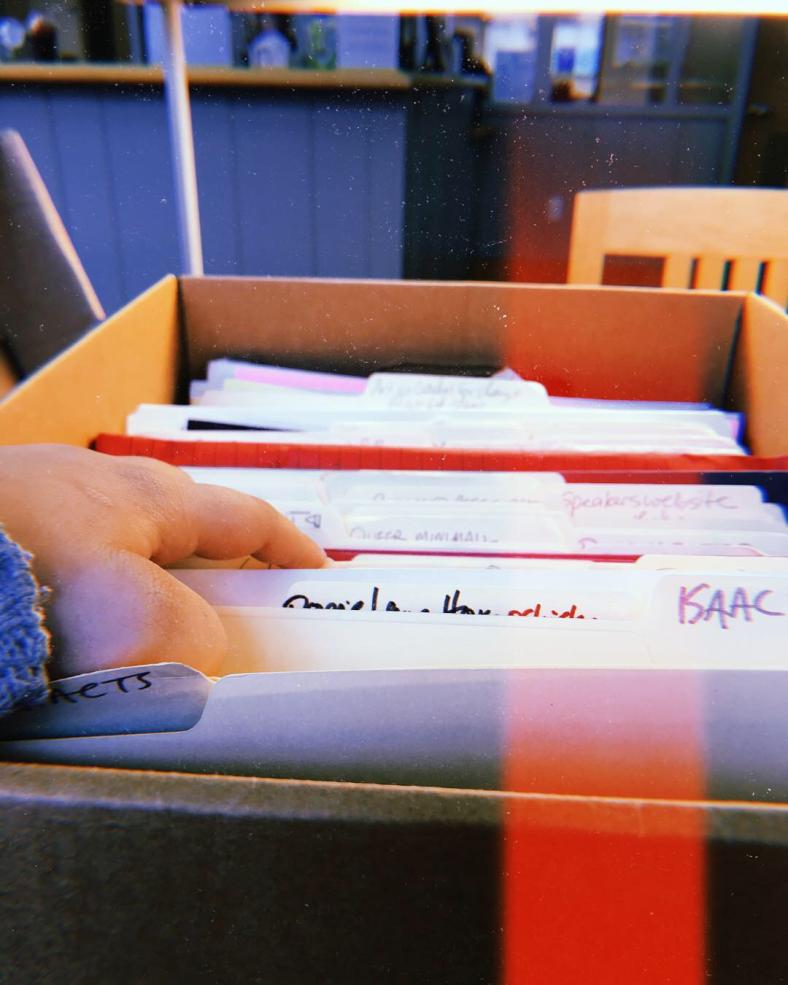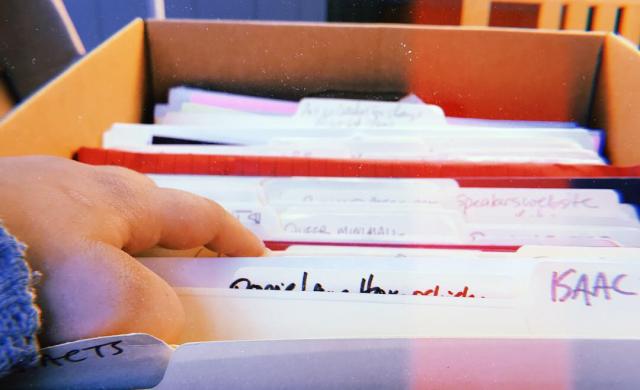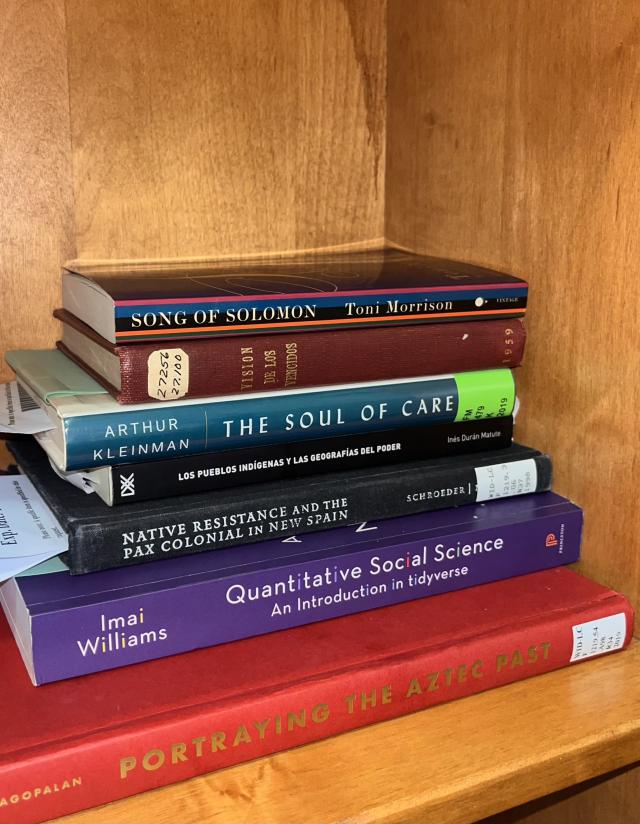Most people would not think that writing your college application essays and writing a senior thesis in college are very similar. However, as I have been writing on my thesis and reflecting over my time at college in general, I’ve realized in a lot of ways they are similar.
They both kind of mark an end of an era - your time at high school and your time at college. This can bring a lot of excitement and nostalgia. But it can also include a lot of pressure as I’ve also found myself condensing the stress of planning for the future into writing my application/thesis.
I’m still writing my thesis (deadline is March 8th ah!), but here are five tips that I think have been important for me to remember and can be helpful for writing college application essays as well!
1) Write about something that matters to you
This is matters a lot! For one, if you have to spend a decent amount of time working on a paper, you need to enjoy talking about the topic. I know I would’ve been incredibly burned out researching, writing, and thinking about the same thing if I didn’t find it meaningful. It also relates to the purpose of the college application essay - for the admissions officers to get to know you who are! It's important to remember that colleges are not only adding a face to a classroom, they're adding a community member, a roommate, a friend.

I spent A LOT of days in the archives
2) Just start!
This is easier said than done, but at a certain point, you just have to jump in. Waiting to get started doesn’t lessen the stress, and it certainly doesn’t get you closer to finishing. I found it easier to start when I realized I don’t have to have it all figured out to put the first words down. Start with something you know or just freeform ideas around the topic, they don’t have to be in your essay permanently. For my thesis, I know there was some tangentially related topics that I could carry over from my junior tutorial paper so I used them as a jumping off point, even I didn’t know if they would be in my final version.
3) Get on a schedule
Again, this is HARD! It’s going to look different for everyone, but I think finding a routine for writing is vital. I really started cracking down on my thesis over winter break, and I set the goal of working on it everyday starting on December 26th. There were a lot of days where I did some minimal edits or thought planning/organizing, and there were a lot of other days where I completed helpful research or made a lot of progress in terms of word count. But because I made myself do something everyday, even if it wasn’t a lot, it really helped me stay motivated. On the days where you really don’t want to work on an essay, the desire to not break a streak of writing (“I’ve worked for 6 days in a row, wow that’s a lot. I feel proud! Do I want to stop that streak…?”), led me to stay dedicated and on track.

Having a schedule also meant I could reward myself with coffee breaks!
4) Realize it will never be “perfect”, and that’s okay!
The thing about writing is that, to some degree, it’s always subjective. If you give a piece of writing to several people and ask for their feedback, they will all give you different comments. Of course, they all might be helpful, but sometimes they might conflict with each other. Or maybe they are about something you felt very certain was the way you wanted it to be. You have to trust yourself! There is no “perfect” because that’s going to mean something different for each person. Even if a person says you should change something, if you don’t agree with them, you shouldn’t change it! At the end of the day, it is YOUR writing, YOUR project, and in the case of college application essays, it’s often YOUR story.
5) Don’t be afraid of change
Recently, after I had something resembling a first draft, I was rereading over my introduction which explained a lot of my framing/methodology. And I realized that my body chapters were actually relying on a different concept that I had originally set out to discuss. It wouldn’t take an outrageous amount of work to adjust this in my introduction, though I would need to do more research. But I was a little scared. I would have to backtrack! Remove things I had worked hard on! I’m supposed to have figured out everything by now, it’s too late for changes! Plot twist: Nope, it’s not too late, and it doesn’t indicate what you had done before was a waste of time. It’s something that happens a lot. Once you start writing and get into a flow, you often find your main point sometime after you’ve already begun. It’s a sign of being a good writer to recognize the shift and to be willing to adapt. The previous work wasn’t a waste, it was needed to get you to your final product (even if it’s not in the final product).

I found that taking walks were a great way to clear my head and organize my thoughts!
I hope some of these tips are helpful. Writing them out has been helpful to me as I head into the last month (gulp) of thesis writing. And let me leave you with two main points: trust yourself and don’t procrastinate! We’ve got this!
















